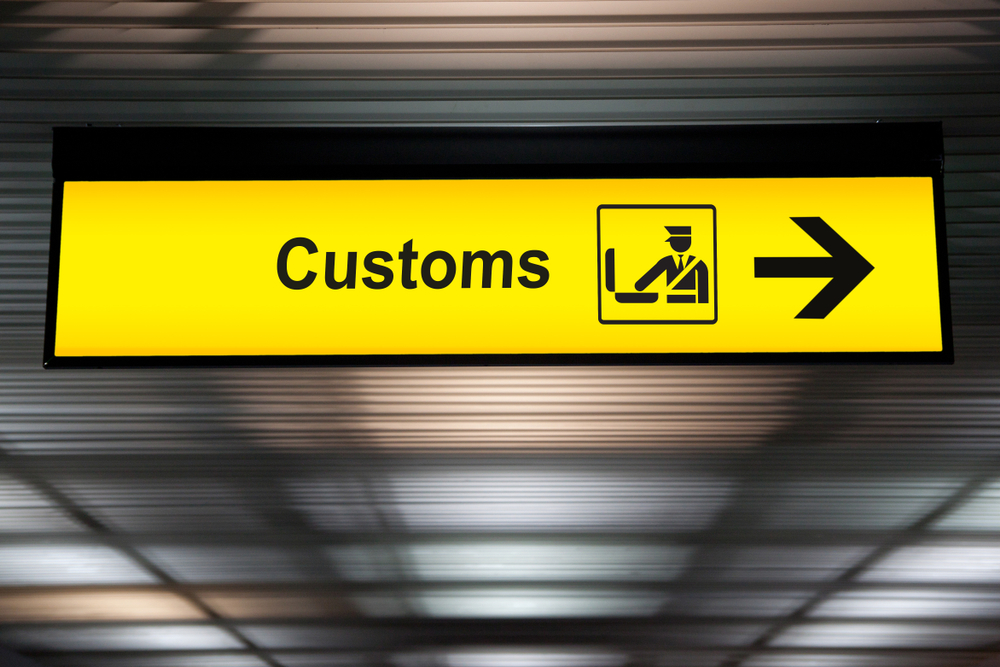5 Prohibited and Restricted Items at Airport Customs
Traveling to new destinations and countries is an exciting adventure, but it is essential to be aware of the country’s and airport’s customer regulations to avoid any mishaps and have a smooth journey. Airport customs exist to protect a country’s safety, security, and economic interests.
When traveling internationally with Japan Airlines or any other carrier, it’s crucial to be aware of the common prohibited and restricted items at airport customs to avoid any potential legal issues and delays during your trips. These regulations are in place to ensure the safety and security of all passengers and aircraft.
Below, we have discussed some of the common prohibited and restricted items at airport customs that you should know about. Although the rules may vary from country to country, the basic rules are almost the same for every country. Whichever airline you are flying with, whether it is Air Canada, Emirates, or any other airline, these regulations are essential to understand for a smooth travel experience.
1. Firearms and Ammunition
At the top of the list, we have firearms and ammunition. These items are typically prohibited in carry-on and checked luggage due to safety and security concerns. These items can endanger the aircraft and persons on board, and therefore, they are prohibited at all airports across the world.
International travelers who have to transport firearms and ammunition require permits, proper storage, and notifications from the authorities to do so.
2. Explosives and Fireworks
After firearms and ammunition, explosives and fireworks are also prohibited at airports due to their potential to cause harm to the aircraft as well as the people on board. Any attempt to carry these items can lead to severe legal consequences, including fines and imprisonment.
3. Narcotics and Illegal Drugs
Carrying narcotics and illegal drugs across international borders or airports is a severe crime. Narcotics and illegal drugs are prohibited in airports across the world. Any traveler involved with an illegal substance can face severe penalties, including long-term prison sentences. Therefore, travelers must avoid traveling or getting involved with illegal substances.
4. Agricultural and Food Products
Agricultural and food products, such as fruits, vegetables, and certain animal products, are restricted at airports in different parts of the world due to the risk of these products introducing pests and diseases to new regions. Many countries across the world have strict rules about agricultural and food products, and any travelers carrying these items should be prepared to declare them beforehand.
5. Liquids, Gels, and Aerosols
Liquids, Gels, and Aerosols are also restricted at airports. Travelers can only carry these items in carry-on baggage in travel-sized containers that are 3.4 ounces or 100 milliliters, and each passenger is allowed one item in the bag. Any liquid, gels, and aerosols in containers larger than 100 ml or 100 grams (3.4 oz) should be placed in the checked baggage. These items are restricted to prevent the use of these substances to create any harmful devices on board.
Exceptions include medications, baby formula, and items purchased after the security checkpoint.
If you are traveling to any other country, it is important that you research and familiarize yourself with the customs and regulations of the country that you are visiting. Knowing what’s allowed and prohibited will help you save time and avoid any legal issues. If you are in doubt about any items, it is better to be cautious and declare those items in front of customs officials to avoid any legal issues. Prefer to pack items like liquids, gels, aerosols, and other potentially problematic items in your checked luggage to prevent confiscation at security checkpoints.

